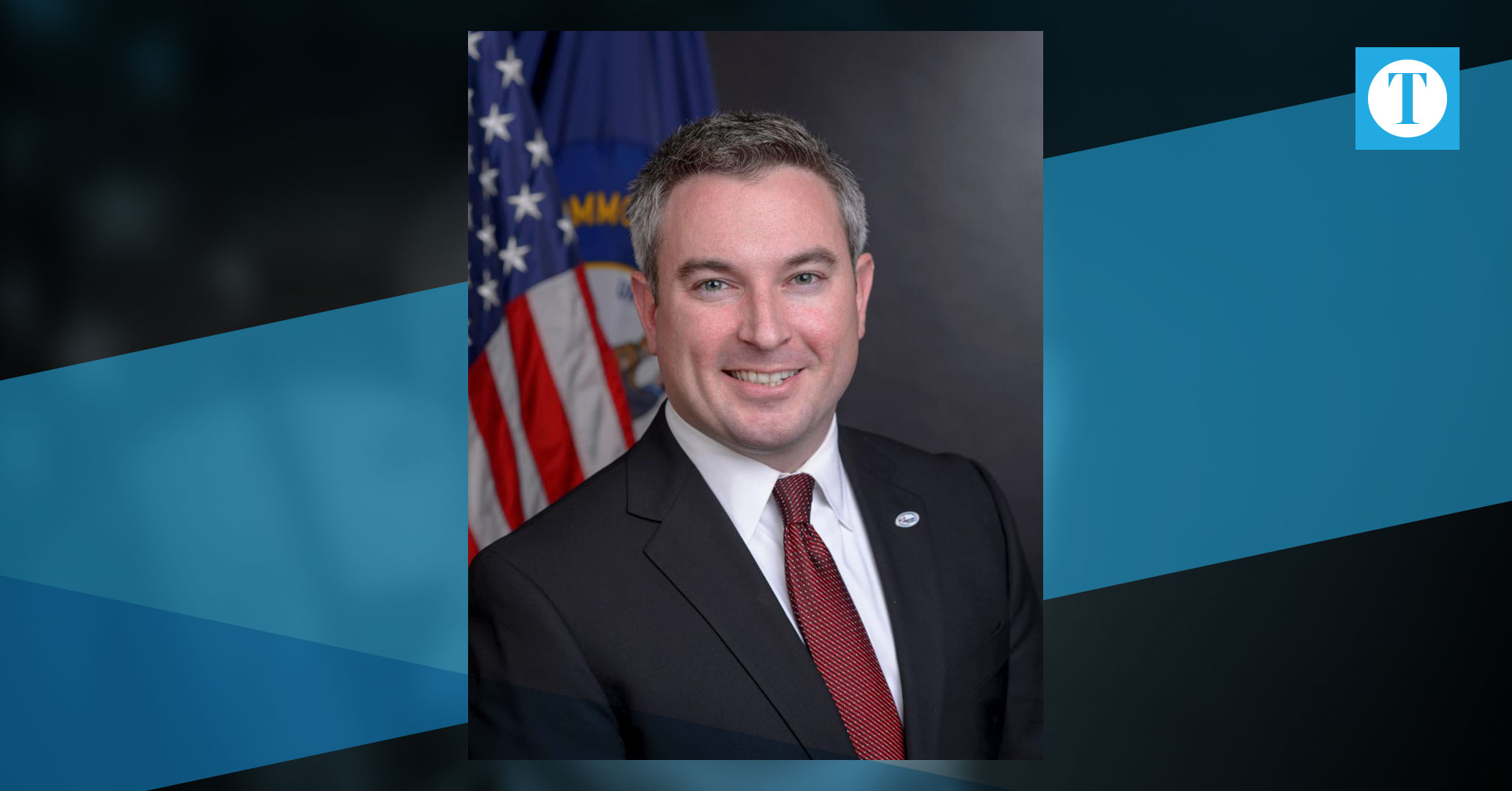Kentucky Commissioner of Agriculture Ryan Quarles and members of Feeding Kentucky stopped in Owensboro on Wednesday afternoon to discuss the rise in food insecurity throughout the state and learn more about efforts to fix the issue.
Quarles said he understands that Kentucky is very different throughout the state and is looking for ways to solve the issue throughout the different regions. Nonetheless, one thing that he finds that is true across the commonwealth is the rate of food insecurity.
According to Quarles, one in five adults had food insecurity during the pandemic, which was an increase from one in seven before the pandemic began. For children, it raised from one in five to one in four statewide.
Studies found that food insecurity is affecting two groups drastically more than others: children K-12 and the elderly. According to Quarles, both groups cannot control where their next meal is coming from and it leads to them not being able to eat as frequently.
“Hunger exists in every county, every city and every community in Kentucky. Regardless of income levels, regardless of where you’re at in the state, it exists,” Quarles said.
This was largely in part because people were being laid off work as restrictions were being enforced. Quarles said that even though restrictions are being lifted, the need for pantries is still increasing.
Through several partnerships during the pandemic, Quarles said they were able to get food to Kentucky residents quickly.
One of those was the Kentucky Hunger Initiative, an effort in Kentucky to bring together farmers, charitable organizations, faith groups, community leaders, and government entities to begin a dialogue to help reduce hunger in Kentucky.
Quarles also said that a large portion of poultry producers from Daviess County contributed to the 516,000 eggs donated to the food banks.
He said while there are people looking to help, there’s a stigma attached with food insecurity keeping those in need from going to pantries.
“A lot of folks who need a little extra help are embarrassed or perhaps little ashamed they can’t provide food for for themselves or loved ones, and so they’re hesitant to ask,” Quarles said.
One plan that Quarles is taking from the pandemic into the future is a move the state made in tobacco investments. Quarles said part of the program involved investing tobacco settlement dollars into local meat processing funds, one of which is housed in Daviess County.
As Quarles opened the floor to speak, people from across Western Kentucky discussed how they have handled food insecurity in their communities.
Jerry Moore with the Daniel Pitino Shelter said that during the pandemic they never stopped. The shelter also started a food pantry where they were able to hand out food boxes once a month.
He said they remember seeing people receive food from trucks and thought the food wasn’t sufficient enough to hold a child over to the next meal, and instead as only to help them at that moment.
Now, Moore said they’re giving out around 30 boxes and serving more than 75 guests every day with their soup kitchen. People come in from all walks of life, Moore said.



